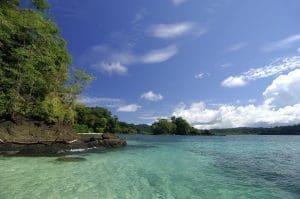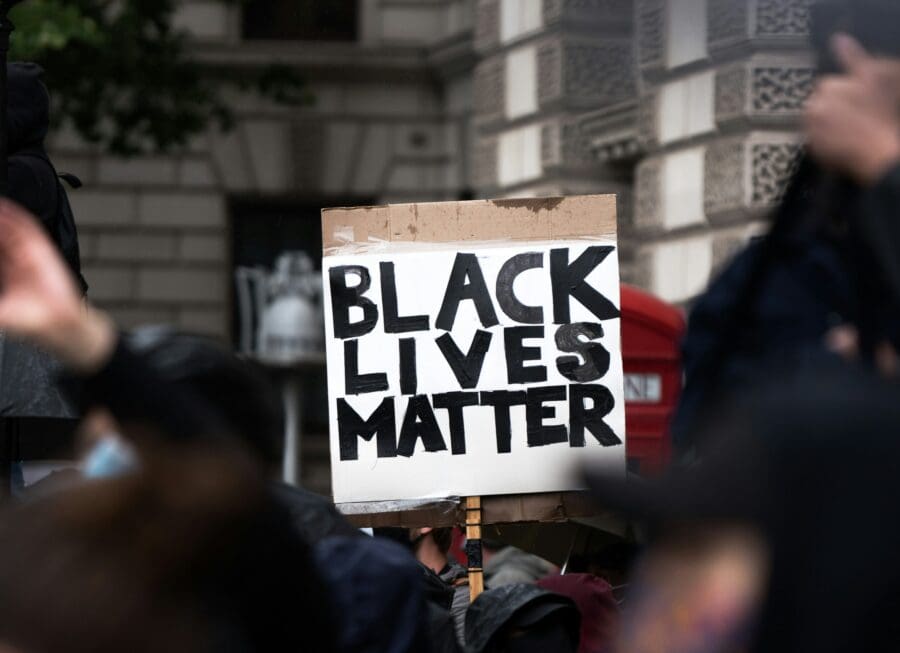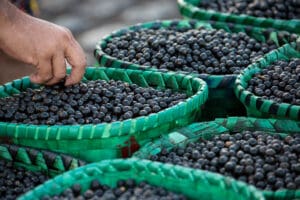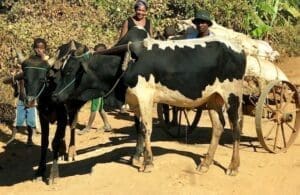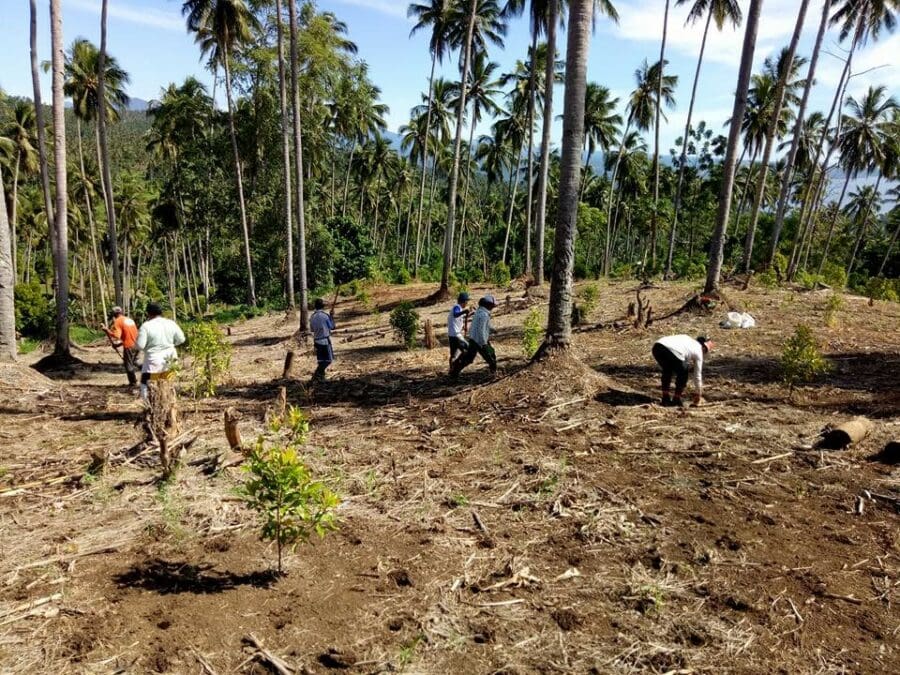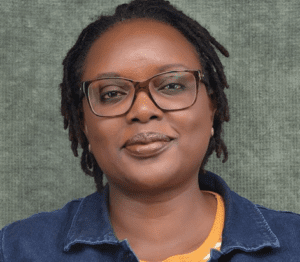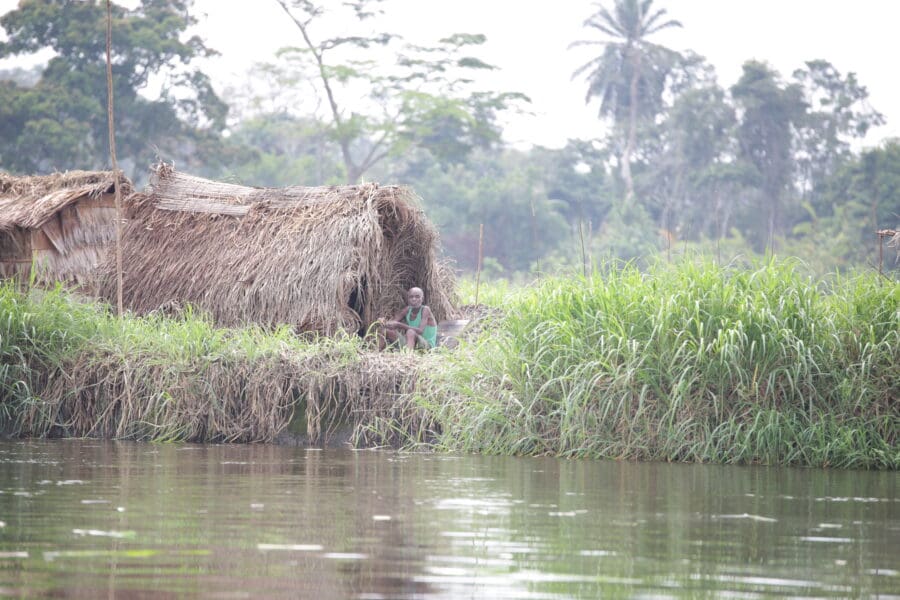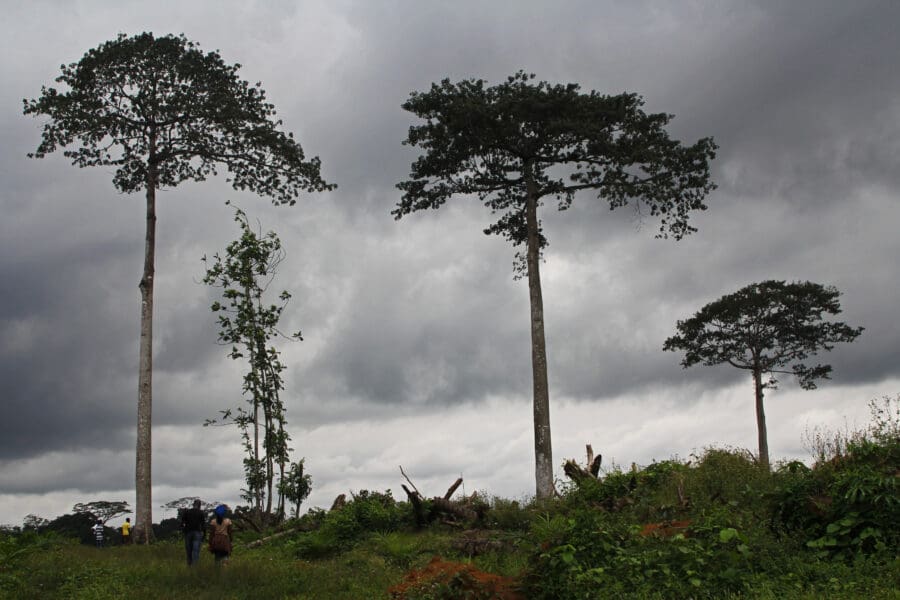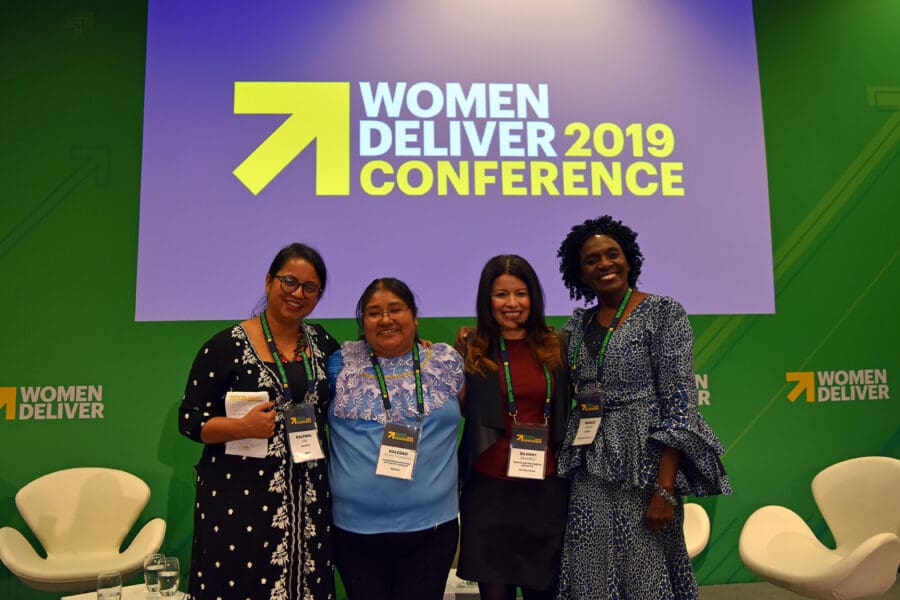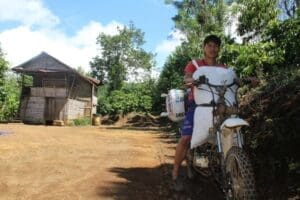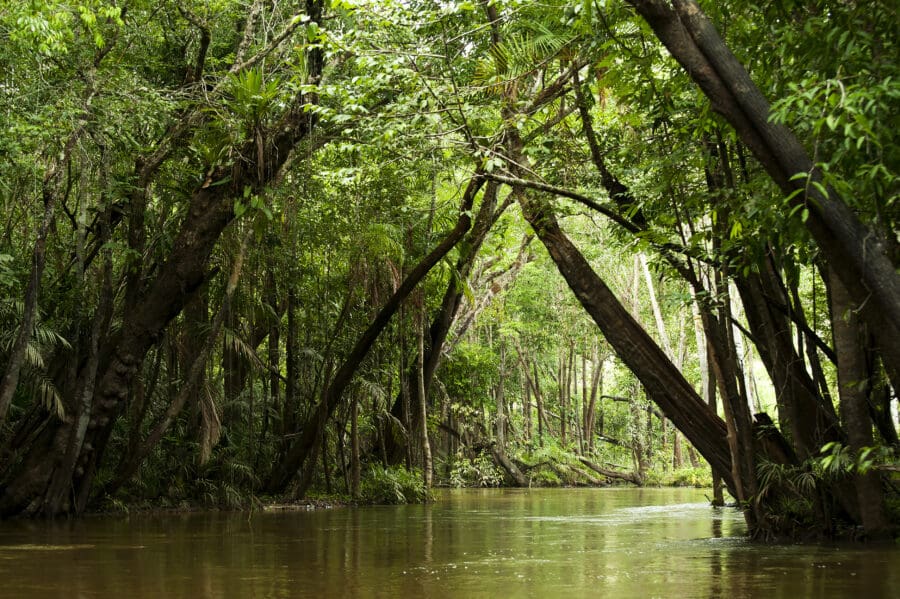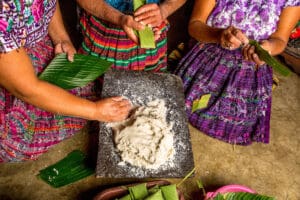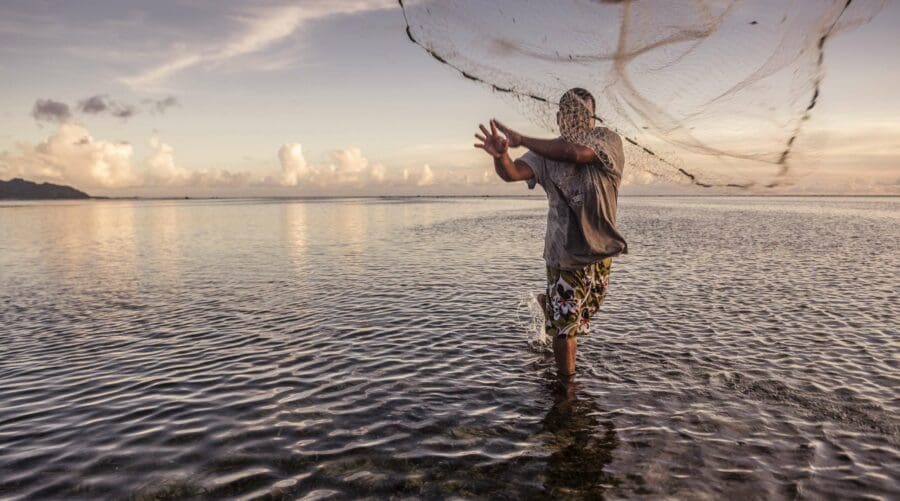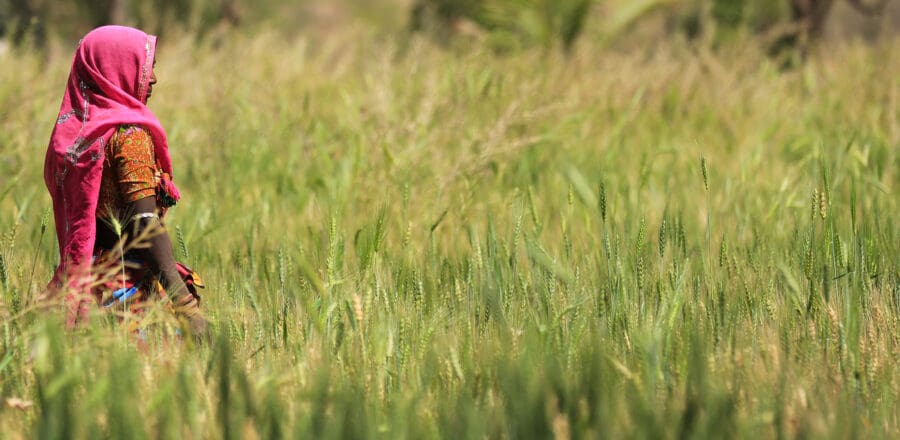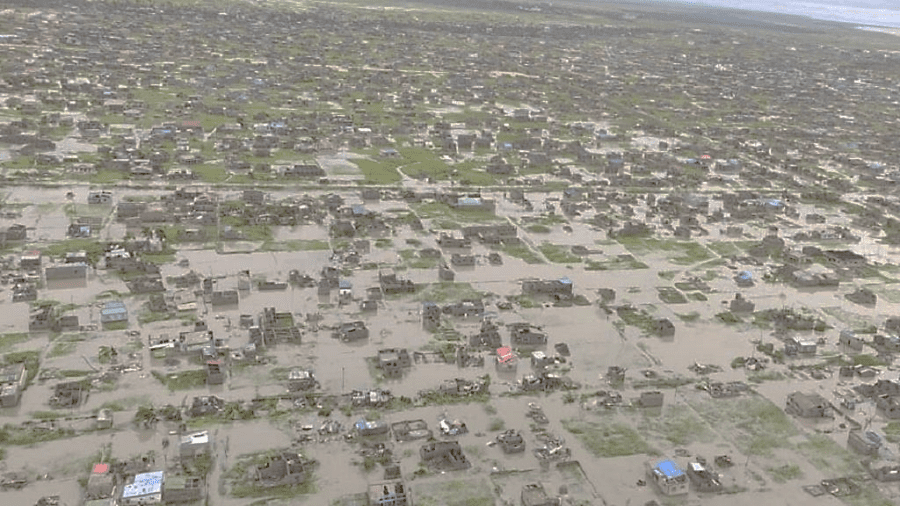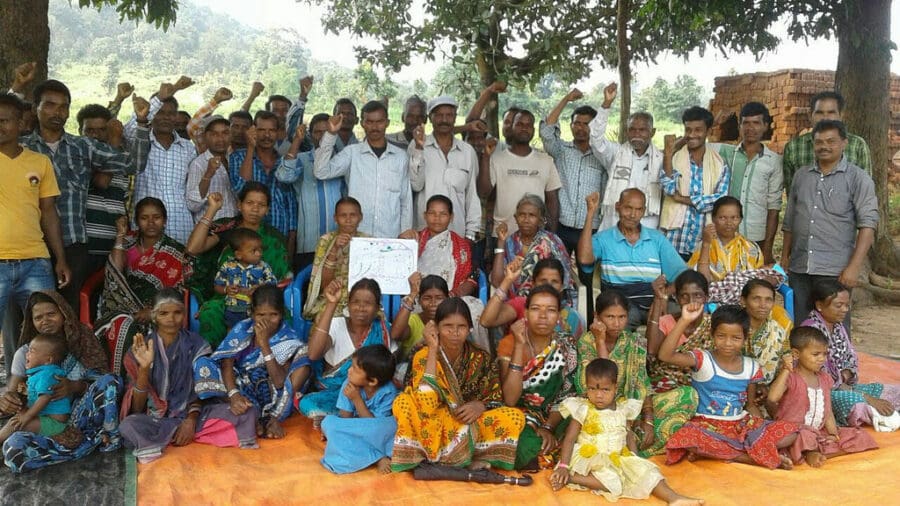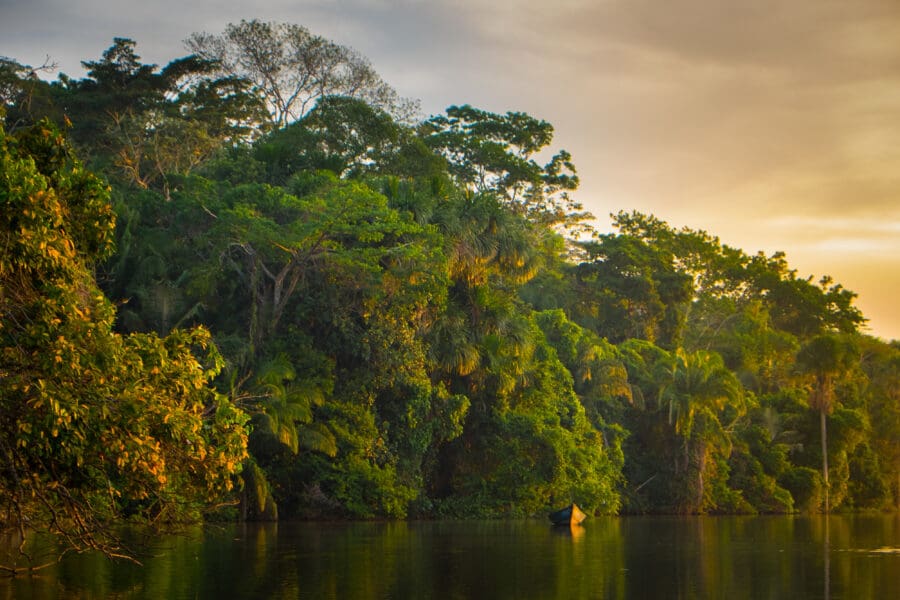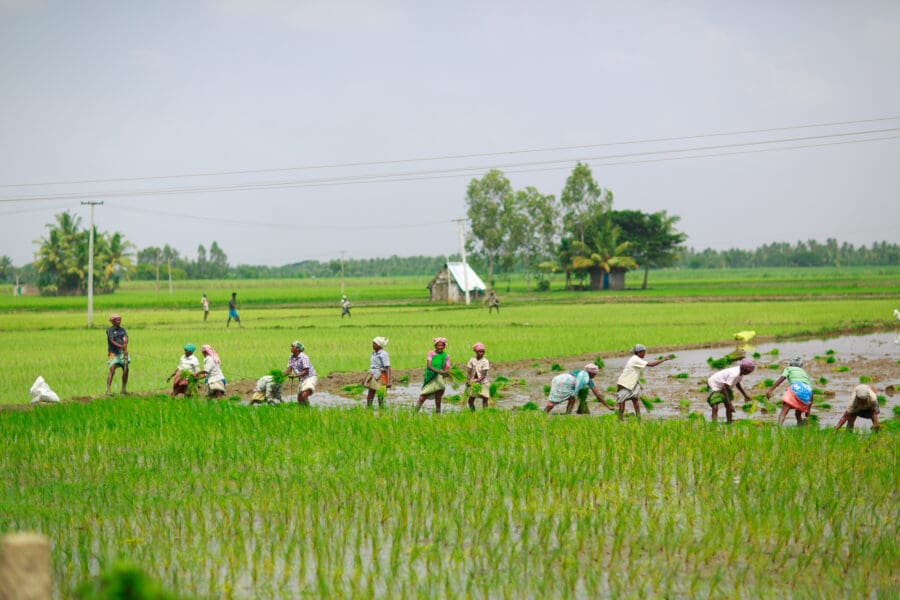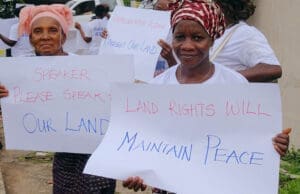We depend on and are part of nature. Our life-giving water, the air we breathe is cleansed and revitalised, the food we eat comes from a living soil. Many of our health cures have origins in nature and our education and spiritual sustenance requires exposure to nature. Edmund Barrow FRSA argues our current economic and development paradigms fail to recognise this which requires a shift from being ‘tourists’ to pilgrims when it comes to our place on Earth.
We at the Rights and Resources Group (RRG) know that the events of the past weeks and the murders of Ahmaud Arbery, George Floyd, and Breonna Taylor by police officers are only a snapshot of the white supremacy that underlies widespread injustice against Black lives.
After 70 years of military rule, Myanmar is in a process of defining its federal system. Exploring lessons learned in other countries that have a similar set of issues can shed light on how to build a democratic and federal system of government in Myanmar that respects its ethnic people. A new report explores whether indigenous and community rights have been recognized in three countries that have federal systems of government and also have extensive indigenous communities—Canada, Ethiopia, and Brazil.
Recent discussions at the Global Landscapes Forum in Accra, Ghana, which revolved around tenure policy and forest landscape restoration in Madagascar, shed light on some of the issues impeding progress toward achieving positive social and ecological restoration outcomes globally.
In Mangkit Village, North of Sulawesi in Indonesia, land was returned to farming families, ending a long struggle between the community and a plantation company. This has crucial implications for the communities’ livelihoods and very survival.
Dr. Esther Mwangi, 1965-2019.
Spurred by international policy commitments and growing demand from their constituencies, African land institutions are looking to place community land rights at the center of national development agendas.
The work to address the longstanding issue of insecurity around land does not end with legislation. Liberia’s citizens will not gain from the protections of the LRA without implementation. Nor can the government go it alone: given their proximity to communities, history of advocacy on behalf of marginalized groups, and their familiarity with the government’s platform under the new law, civil society organizations are ideal partners for implementation.
At the most recent Women Deliver conference—the world’s largest gathering on gender equality and the wellbeing of girls and women—experts from across the RRI Coalition had the opportunity to learn from diverse leaders around the world, while also raising awareness of the urgent need to recognize the rights of indigenous, rural, and community women. Here’s what participants said international audiences need to know about the challenges and opportunities facing this unique subset of women.
Not so long ago, these coffee producers in Bengkulu, a province on Sumatra island in Indonesia, were harvesting during the night to avoid being caught by forest rangers. Despite having lived on their lands for generations, the government considered their activities illegal. Now, the local communities proudly cultivate their coffee in the daylight—and preserve the forest at the same time. The government even provides financing to their cooperative. By supporting the community to care for and harvest from the forest, they are both supporting local livelihoods and ensuring the forest is protected.
Representatives from 13 governmental land agencies in Africa announced today in Antananarivo, Madagascar the launching of the Network of African Land Institutions for Community Land Rights (ALIN) to serve as a platform for exchange and mutual support to advance opportunities to secure indigenous and community land rights across the region.
RRI is thrilled to be participating in the Women Deliver Conference, the world’s largest conference on gender equality and the well-being of girls and women.
At the recent UN Permanent Forum on Indigenous Issues in New York, six indigenous activists and leaders from across the world took a moment to speak to the often unrecognized and under-appreciated contributions made by their communities for the betterment of society, and to address some of the most widespread and harmful misconceptions about Indigenous Peoples and local communities.
Recognizing and securing women’s land and resource rights—in law and practice—benefits women, their communities, and their countries. Strong governance rights for women underpin their ability to participate in decision-making affecting their personal agency and economic security, their children’s future, and the future of the planet. Just a handful of stories from the RRI Coalition demonstrate how, across the world, indigenous and rural women are fighting for their land and resource rights, and using their traditional knowledge and leadership to contribute to myriad global development goals.
Cyclone Idai is possibly the worst ever weather disaster to hit the southern hemisphere, and it won’t be the last. If anything, this disaster has brought home the message that disaster preparedness is inadequate. The design and planning of cities and physical infrastructure should be climate-resilient, taking into account the many important ways in which local community rights and capacities, nature, and nature-based solutions contribute to reducing risks and building resilience. This is particularly pressing as climate change heightens the frequency and magnitude of these extreme weather events, exacerbating the vulnerability of millions of Africans.
The Rights and Resources Initiative Coalition mourns the loss of one of our planet’s brightest, most dedicated champions.
”We do not regard this order as pro-conservation. On the contrary, it is a real setback for conservation in India.”
In 2014, President Joko Widodo had secured a voter bloc of 12 million Indigenous Peoples. But five years later, as he is seeking re-election in April’s presidential elections against the same political opponent, Jokowi has failed to secure the endorsement of the Indigenous Peoples Alliance of the Archipelago (AMAN)—Indonesia’s largest indigenous network—whose voting bloc has doubled in size since 2014.
As world leaders gather in Poland this week to hold a critical dialogue on the UN Framework Convention on Climate Change (UNFCCC), the world’s tropical forests ought to take center stage. The ambitious pledge of the Paris Agreement will be virtually unattainable if the world’s remaining tropical forests are not safeguarded.
On the 70th anniversary of the Universal Declaration on Human Rights, RRI’s Latin America Program Director reflects on the human rights challenges facing indigenous, Afro-descendant, and peasant communities—and how they and their allies are joining forces to take on these challenges together.
Given that India is the seventh largest country in the world with a population of 1.3 billion people, it is not surprising that land conflicts that affect more remote communities and Indigenous Peoples rarely gain national or international recognition. Land Conflict Watch tracks these cases in order to make them more visible and actionable for journalists, researchers, and policymakers.
On September 19, Liberian President George Manneh Weah signed into law the Land Rights Bill (LRB), a landmark piece of legislation that recognizes the rights of Indigenous Peoples and local communities to their customary lands and gives customary land the same standing as private land in Liberia. This historic victory sets a precedent for land rights recognition in West Africa and can serve as a model for the region and beyond.
Mexico’s forests laws mean that 80% of its forests are owned by communities; the country has more than 3,000 community forests in total. Under the watchful eye of Monte Alban, from where the ancient Zapotecs once ruled, experts from 17 countries agreed to form a coalition that builds support for locally-controlled forest enterprises and increases collaboration between support agencies.
Two new studies released on the eve of the Global Climate Action Summit illustrate the powerful links between securing indigenous and community land rights and protecting the forests that are vital to mitigating climate change. As climate researchers, advocates, and leaders gather in California this week to discuss priorities and goals at the Global Climate Action Summit, they must recognize the urgent need to secure the rights of Indigenous Peoples and local communities as a key climate solution.

